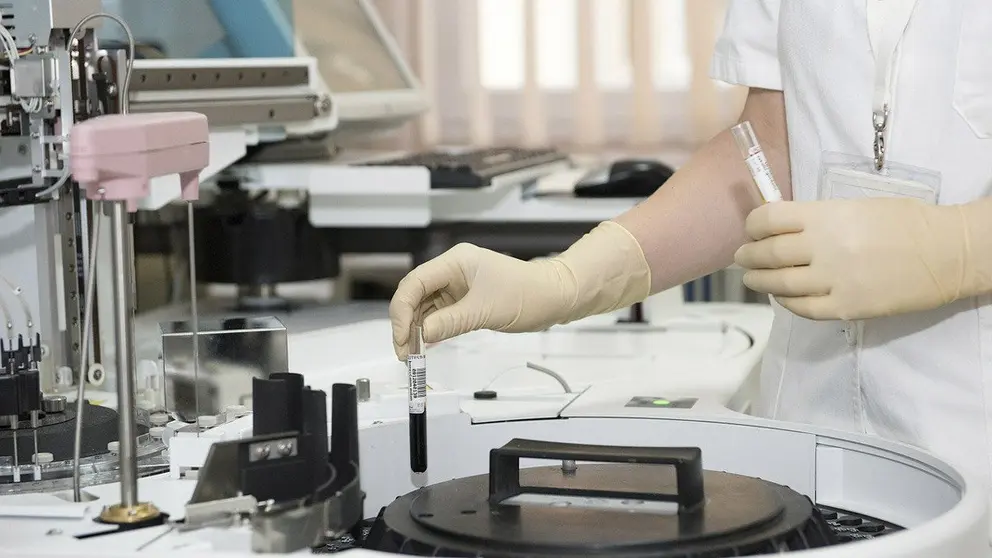Researchers in China have found that people with blood type A seem to be more vulnerable to infection from coronavirus (koronavirus, in Finnish).
Scientists looked at blood group patterns of more than 2,000 people who had been diagnosed with the virus and hospitalized.
They found that those with blood type A were more vulnerable to contracting the disease and tended to develop more severe symptoms, while those with blood type O had a "significantly lower risk" of getting the disease.
They found that while blood type O (34%) is more common in the general population in China than type A (32%), around 41% of COVID-19 patients had blood type A, whereas people with type O accounted for just 25%.
According to the study, 206 patients who died, 85 had blood type A, equivalent to 41% of all deaths.
“If you are type A, there is no need to panic. It does not mean you will be infected 100%,” Gao Yingdai, researcher at Peking Union Medical College Hospital told the South China Morning Post. “If you are type O, it does not mean you are absolutely safe, either. You still need to wash your hands and follow the guidelines issued by authorities.”
Consider blood types to asses risk
Although the study is yet to be peer-reviewed by other academics, the team is urging medics and governments to consider blood types when assessing how at risk a patient may be.
The same Chinese study also showed 25% of surveyed cases had type O blood, despite more than 33% of the population having that type of blood.
The study examined 206 people in Wuhan who died from the virus and there were 63% more type A fatal cases than type O.
“People with blood group A might need particularly strengthened personal protection to reduce the chance of infection,” researchers said in their study.
The study did not provide an explanation for why type A patients have a higher risk for coronavirus.
According to a recent study, in the case of 72,000 Chinese coronavirus patients, the overall fatality rate was 2.3% but in the case of adults over 80, the same rate rose to 15%.















